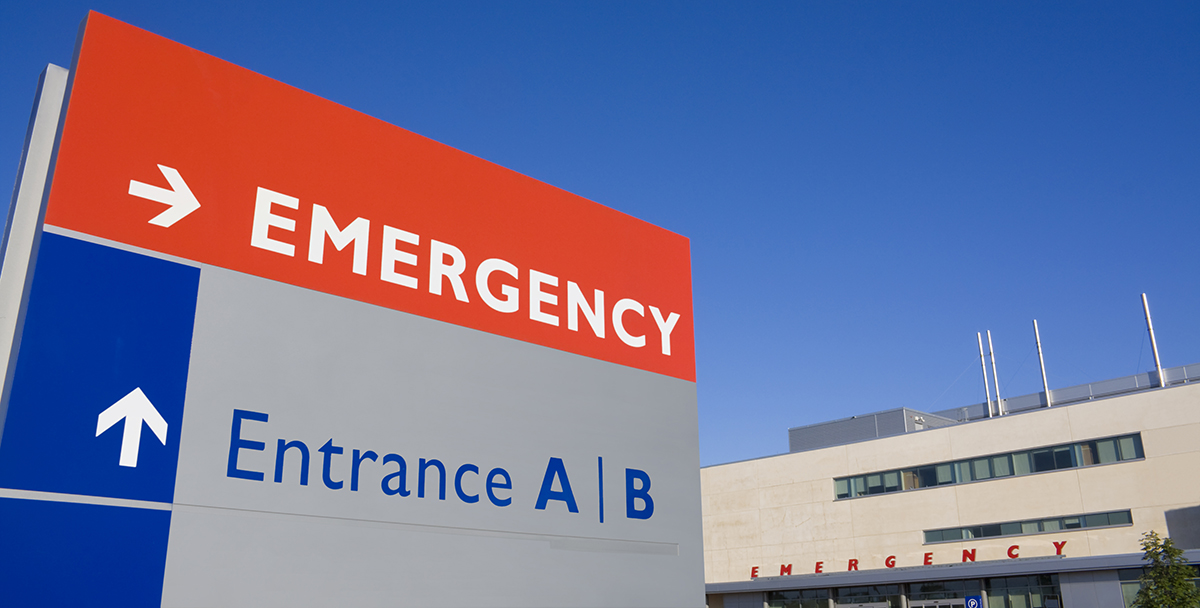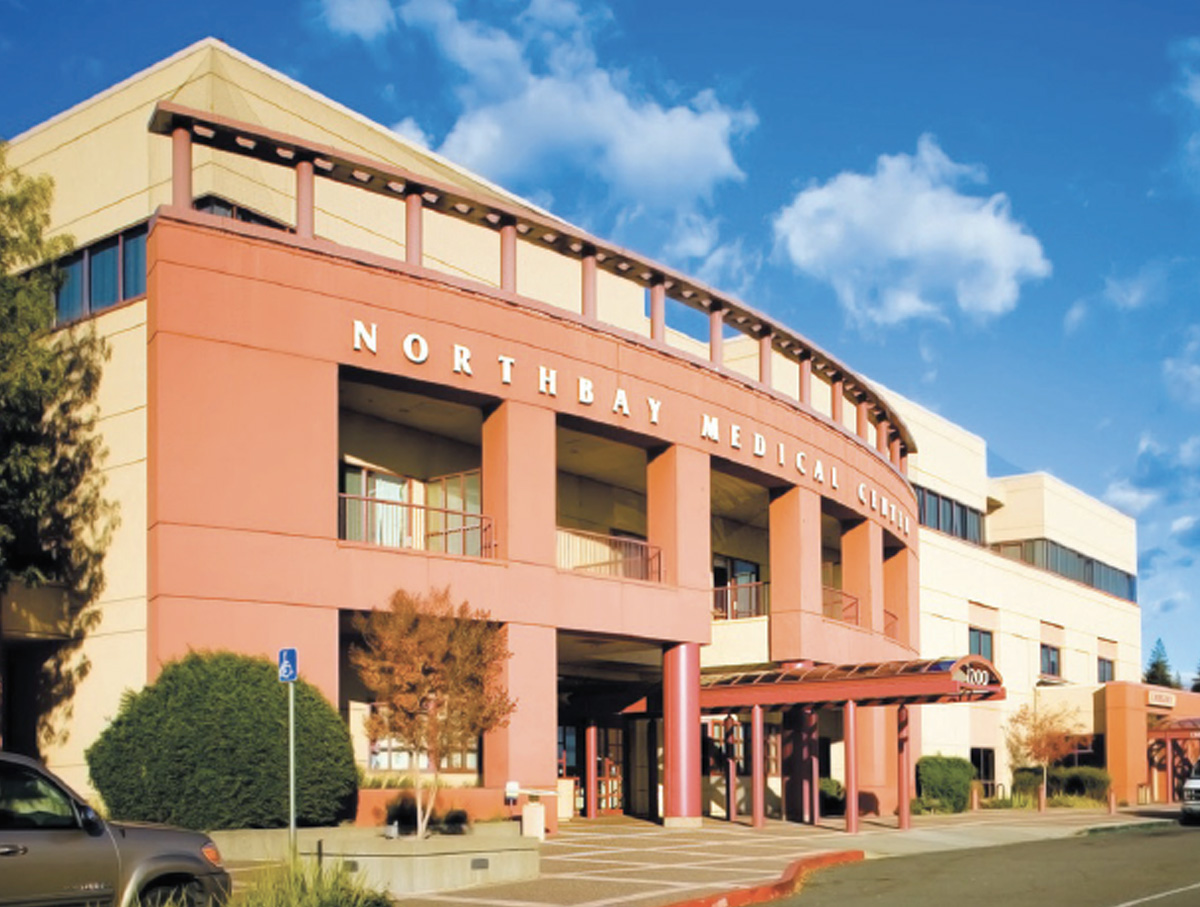Years ago, private-practice surgeons from a hospital’s medical staff rotated call to handle acute and emergency surgeries. While community surgeons were typically competent and dedicated, they were also typically distracted and weary from the demands of their own private practice. Providing call also took a heavy impact on their personal/family life.
Today, a growing number of surgeons have simply refused to do it causing recruiting and retention issues for hospitals still trying to use this model. In the absence of timely coverage, surgeries are either being delayed when time is critical to optimizing clinical outcomes or, more often, local emergency service authorities route critically ill or injured patients past those hospitals’ ED doors to a nearby competing facility that provides immediate acute/trauma surgical care. That still means an avoidable delay in care in transit, and lost revenue for the bypassed local hospital. Many have reduced their services or even closed their doors as a result.
As a leader of a local hospital, you must ask yourself: Are we holding on to an outdated delivery model that continues to fail to meet the expectations of our community, our board and our donors/investors?
There is a better way for hospitals of nearly any size to offer timely, high-quality emergency surgery procedures—a way that’s being widely embraced throughout the industry as a means to deliver these life-saving and revenue-generating services closer to home.
The answer: Skilled surgicalists
On-duty — not on-call — surgicalists (board-certified or -eligible surgeons and other healthcare providers skilled in delivering in-house trauma, acute care, orthopedic, neurosurgery, urology, GI and general surgery services) fill the gap between community physicians and the needs of local patients and hospitals. These specialists undergo intensive training in delivering evidence-based, best-practice surgical care in an emergency/trauma environment, and their sole workplace is the hospital itself. They are accustomed to collaborating with hospital departments and teams to optimize care coordination, helping avoid extended length of stay, unnecessary complications, readmissions and a less-than-optimal level of care, starting at the initial ED intake through the eventual transition to post-discharge care.
Implementing a surgicalist program for acute and trauma-level surgeries has proven to improve a hospital’s case mix index (CMI) and drive revenue generation in ancillary services. It also provides a critical “halo effect” for the hospital’s image. That positive impression as a modern, high-quality care institution translates to increased patient volumes for other services, and helps the organization show its ongoing commitment to a mission of community service.
The proven SAMGI difference
For two decades, SAMGI (Surgical Affiliates Management Group, Inc.) has helped client hospitals deliver 24/7/365 on-duty coverage for acute and trauma surgeries. Led by dedicated medical directors, SAMGI surigicalist teams provide a turnkey acute-care and trauma surgery program that helps increase operational efficiency and ensures seamless integration with other hospital departments, including hospitalist programs. SAMGI surgiclalist programs provide standardized care grounded in evidence-based best practices that help ensure consistent high-quality care and standard approaches to clinical scenarios that reduce unnecessary tests or delays in care while optimizing clinical, financial and satisfaction outcomes.
Click here to learn more about SAMGI and discover the kind of ROI that SAMGI can deliver by bringing its exceptional acute and trauma-level surgical expertise to your organization.










Latest posts